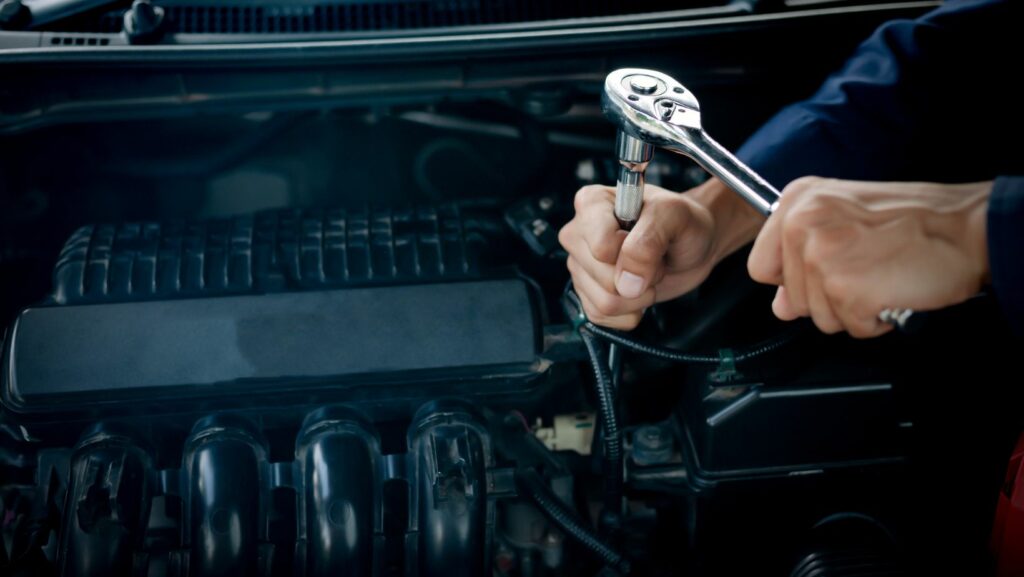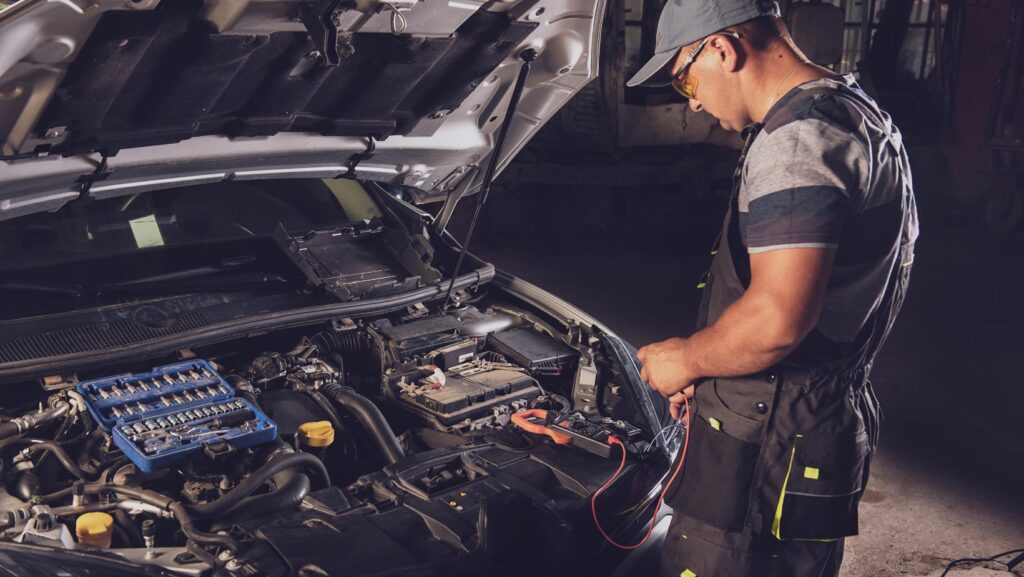Table of Contents
ToggleWhat Is a Vacuum Leak
A vacuum leak is a common issue that can affect the performance of your vehicle. So, what exactly is it and how does it impact your car? Well, let me break it down for you.
Simply put, a vacuum leak occurs when there’s an unintended gap or opening in the vacuum system of your vehicle. This system plays a crucial role in maintaining proper engine function by controlling the flow of air and fuel mixture. When a leak happens, it disrupts this balance and can lead to various problems.
The effects of a vacuum leak on your vehicle can range from subtle to severe. It can cause issues such as rough idling, stalling, poor acceleration, decreased fuel efficiency, and even potential damage to engine components. Identifying and fixing these leaks promptly is essential to prevent further complications down the road.
Now that we have a basic understanding of what a vacuum leak is and its potential consequences, let’s dive deeper into the causes, symptoms, and solutions in order to keep our vehicles running smoothly.

What Is a Vacuum Leak?
A vacuum leak is a common issue that can affect the performance of your vehicle. It occurs when there is an unintended gap or crack in the vacuum system, which disrupts the balance of air and fuel mixture in the engine. This can lead to various problems and impact the overall functioning of your vehicle.
When your vehicle’s engine operates, it relies on a controlled mixture of air and fuel for combustion. The vacuum system plays a crucial role in maintaining this balance by regulating airflow and controlling certain components such as the intake manifold, brake booster, and emission control systems.
Here are a few key points to understand about vacuum leaks:
- Causes: Vacuum leaks can be caused by several factors, including deteriorated or cracked hoses, loose connections, malfunctioning gaskets, or faulty intake manifold seals. Over time, these components may become worn out due to heat, age, or exposure to harsh conditions.
- Symptoms: Identifying a vacuum leak can be challenging as it often presents with subtle signs that gradually worsen over time. Some common symptoms include rough idling, decreased engine performance, stalling at idle or during acceleration, hissing sounds from under the hood, illuminated check engine light (CEL), and increased fuel consumption.
- Effects on Vehicle Performance: A vacuum leak disrupts the precise air-fuel ratio needed for efficient combustion. As a result, your vehicle may experience reduced power output, poor acceleration response, hesitation during throttle input, and potentially even engine misfires.
- Long-term Consequences: Ignoring a vacuum leak can lead to more severe issues down the line if left unaddressed. Over time it may cause damage to vital engine components like oxygen sensors and catalytic converters while also impacting emissions compliance.
- Diagnosis and Repair: Diagnosing a vacuum leak requires careful inspection of hoses and connections along with advanced diagnostic tools like smoke testing or pressure testing equipment. Once identified, the faulty components can be replaced or repaired accordingly to restore proper vacuum system functionality.
In conclusion, a vacuum leak can significantly affect your vehicle’s performance and should not be ignored. If you suspect a vacuum leak, it is best to have it diagnosed and repaired by a qualified technician to prevent further damage and ensure optimal engine performance.

